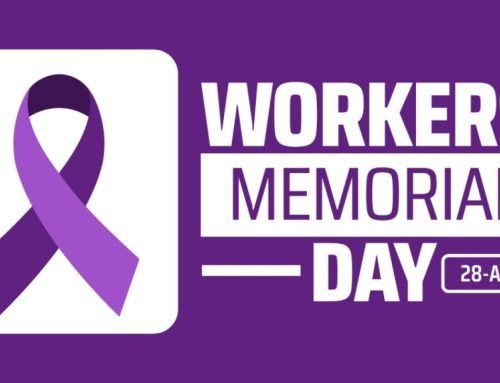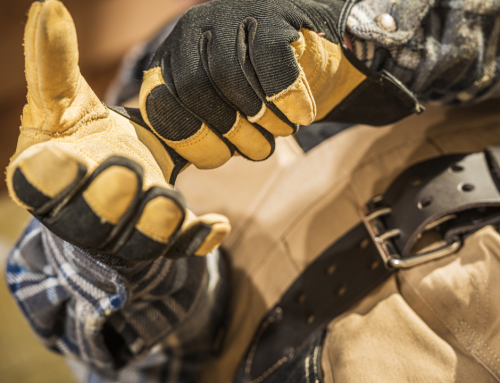The Lighthouse Club charity recently received the findings of research they commissioned with Glasgow Caledonian University to understand the current state of mental health in different industries. which showed an increase in suicides in the construction industry. The number rose from 26 to 29 per 100,00 in the four years to 2019. Worryingly, this does not take into account the increased stress that Covid has brought to many people.
Over 80% 0f all suicides in the UK are male, 87% of the workforce in construction are male so the suicide rates in the industry are always going to be negatively impacted. Those in the construction industry are three times more likely to take their own life than those in other sectors.
The findings also showed a difference between occupational groups. Those working in non-manual environments such as managers and professionals actually saw a drop in rates, but unskilled workers such as labourers have seen the rate rise from 48 to just over 73 suicides per 100,000.
Professor Billy Hare who led the study said,”Unskilled workers tend to fall into the lowest socio-economic classes, which are associated with lower life expectancy in general, and tend to display the classic characteristics linked to poor mental health, such as alcohol and substance abuse, financial and relationship problems and suffer multiple stressful life events.”
In the MHFA England’s ‘Building Mental Health – Mental Health First Aiders Social Value Report – 2018 – 2021′ the reasons cited include job insecurity, long hours, time away from families and lack of support from employers. This was based on over 2000 responses worldwide (80% from Britain).
The Lighthouse Charity have been providing free emotional, physical and financial support to those in crisis through a number of channels. Their latest campaign, Help Inside the Hard Hat’, encourages everyone to lookout for their friends or work mates by checking in and for people to feel able to share their feelings and things that may be troubling them.
They are also working to increase people’s resilience early in their construction careers be providing mental health awareness training to apprentices and tutors at London Colleges.
What else can we do to help people before they start thinking suicide is their only option? We have a responsibility as individuals as well as companies to help look after each other. From reaching out to workmates and checking they’re ok, to providing a culture where people speak freely about their issues.
The MHFA suggest in their report there are five steps to building a successful culture in the workplace:
- Commit to Making a Difference
- Introduce a Helpline
- Deliver a Mental Health Tool Box Talk
- Deliver a Mental Health half or one day awareness training
- Ensure you have enough Mental Health First Aiders for your place of work
Evidence has shown this training to be effective in the workplace. Many studies point to successes, not only for those undertaking the training, but the effect this has on those suffering. According to a study commissioned by the Institute of Occupational Safety and Health (IOSH) in 2018, IOSH evaluation of MHFA Intervention the findings reported 88% that undertook training reported an increase in confidence around mental health issues and that more mental health conversations were happening. 78% were supporting their colleagues and 59% saw in increase in help-seeking behaviours.
Whilst the impact is not formerly recorded and is hard to quantify, it is a good sign that the industry is tackling mental health to become less stigmatised and people will be more inclined to reach out than suffer in silence. Whilst there is still a long way to go, the more people that can positively impact mental will serve to improve the current statistics.
Photo by Priscilla De Preeze via Unsplash




